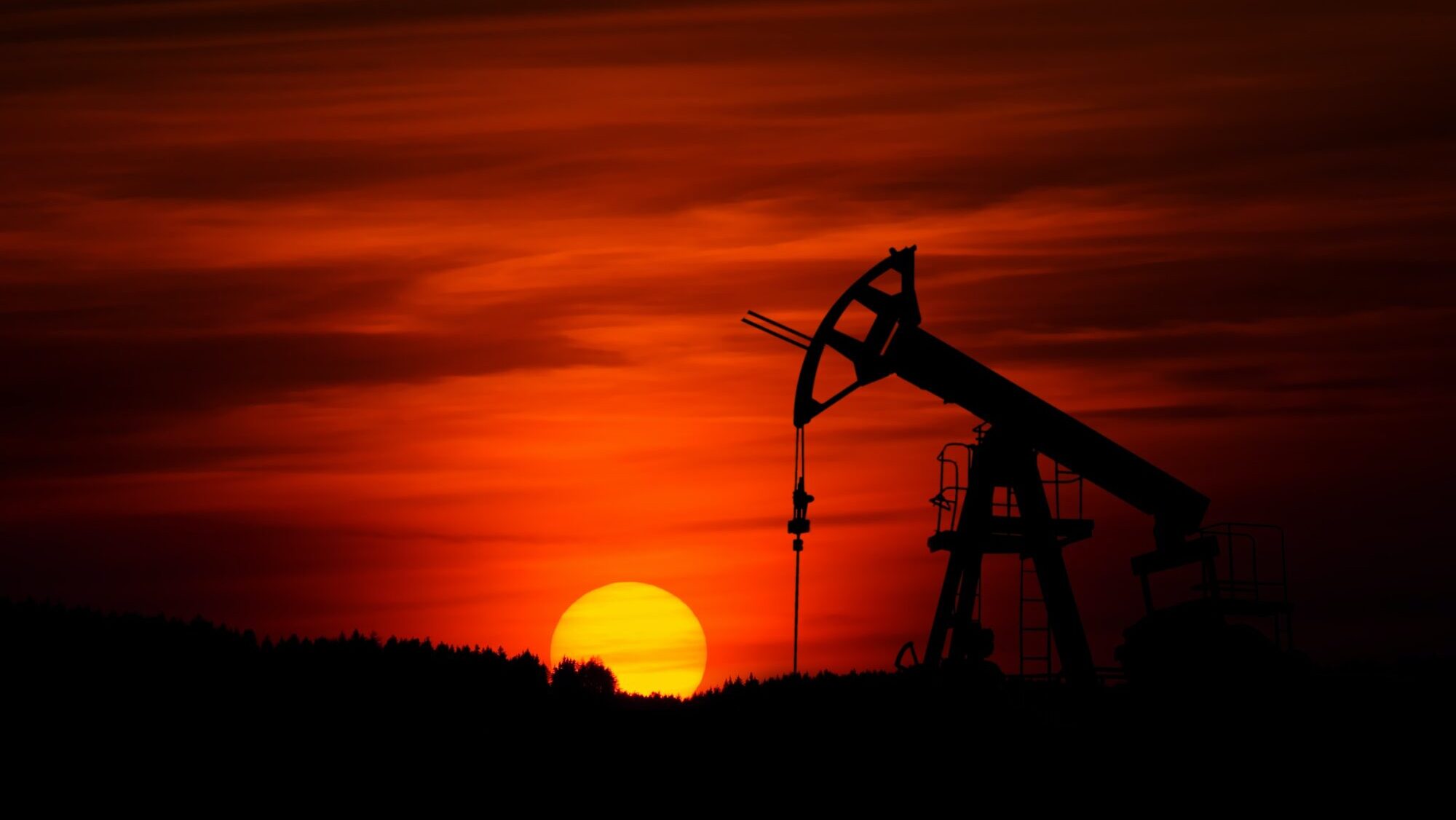
Photo: Photo by Zbynek Burival on Unsplash
Russia has completely evaded G7 sanctions on its crude oil, recovering earlier losses on its petroleum while squeezing Europe again on energy. In fact, Russian crude oil exports increased 50% this spring.
In December 2022, the G7 and Australia agreed to a cap of $60 per barrel on Russian crude oil, with the idea of keeping the petroleum flowing into global markets but limiting Russia’s ability to profit from it. At first, it seemed to work as the price of Russian oil dropped to $40 per barrel. Russia was already responding, though, seeking out countries outside the G7 for its now-discounted oil and building a so-called “dark fleet” of non-Western ships to transport its oil without suffering the price cap, which also applied to oil transported on Western ships.
Over the last year, it has largely sold its crude to China, India, and Turkey but also sent cargo to other countries, including Brazil, Sri Lanka, and Pakistan. Traders told Reuters that in August and September, two Russian firms sold their oil to the United Arab Emirates and that the first shipments of oil sourced in Kazakhstan had also been sold to the Arab country.
Russia’s success in disentangling from Western-flagged ships is now also evident. In August, almost three-quarters of Russia’s seaborne oil travelled on ships without Western insurance, according to a report by industry analytics provider Kpler cited by the Financial Times. At the same time, global oil markets have tightened thanks to OPEC+ limiting production, and oil prices have gone up.
The Financial Times also reports that the Kyiv School of Economics estimates that the confluence of circumstances means Moscow will reap $15 billion more from its petroleum in 2023 than initially anticipated.
Over the long term, however, it means Russia has moved on from its dependence on the West for its oil market and is prepared to weaponize oil the same way it did natural gas.
“Russia wants to inflict pain on Europe and the U.S. and it looks like they’re now repeating the playbook from gas in the oil market ahead of the winter months—they’re showing that they’re not finished using their power over energy markets,” Henning Gloystein at Eurasia Group told the Financial Times on September 21.
With the price of crude oil edging towards $100 a barrel, Moscow announced last Thursday that it was limiting exports of diesel and petrol. In response, diesel prices in Europe rose 5% to more than $1,010 a tonne.
Russia is the third largest exporter of diesel in the world. Diesel is the lifeblood of industry, as it is essential for running heavy machinery and transportation.
